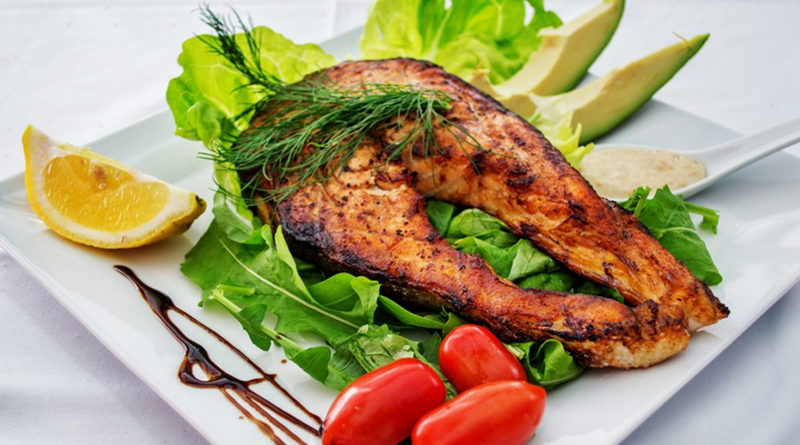Meat vs. Plant Protein: 7 Comparisons
Meat vs. Plant Protein: 7 Comparisons
When researchers compared the nutritional profiles of plants and meat, the results were astounding. Astonishingly, plants are just as good as meat for protein, but plants have additional health benefits from phyto- and micronutrients that you may not be aware of.
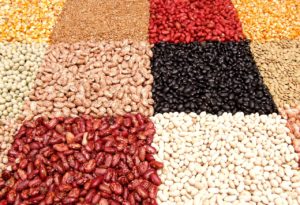
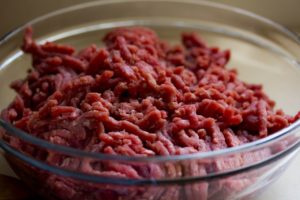
Ground Beef vs. Black Beans
GROUND BEEF: 3 oz = 22g protein | BLACK BEANS: 1.5 cups = 22.5g protein
Beef and beans are befitting adversaries in the “which has the most protein” contest. When the environmental and nutritional impact of the two are compared, black beans win hands down for being easier on the Earth, easier on the body, easier to prepare and eat, and providing more nutritional benefit than a hamburger patty.
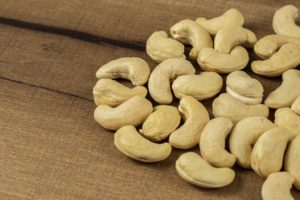
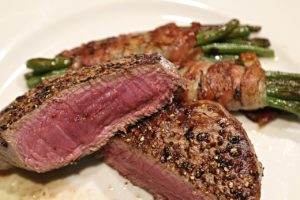
Steak vs. Cashews
STEAK: 4 oz = 40g protein CASHEWS: 1 cup = 40g protein
It appears unlikely that a cup of cashew nuts could contain the same amount of protein as a 4oz steak. But it’s true. Not only that, but cashews have a high nutritional value with 83 milligrams of magnesium, 168 milligrams of phosphorus, and 187 milligrams of potassium per ounce.
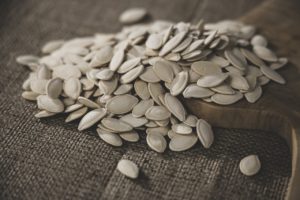
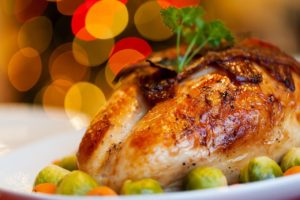
Turkey vs. Pumpkin Seeds
TURKEY: 3 oz = 26gram of protein – PUMPKIN SEEDS: ¾ cup = 30g protein
When we compared pumpkin seeds to turkey meat, we found that a mere handful contains more glutamate, zinc, and phytosterols than turkey. When it comes to protein, both are comparable, but why not load up on copper, manganese, phosphorous, vitamin K, E, and B while you’re at it? Pumpkin seeds are far more efficient to grow than turkey seeds and are far less harmful to the environment.
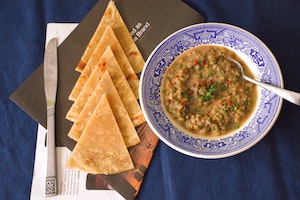
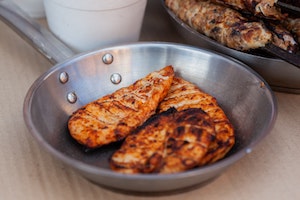
White Meat Chicken vs. Lentil Beans
CHICKEN: 3 oz = 26gram of protein – LENTIL BEANS:1.5 cup = 27g protein
A small 1.5 cup serving of lentils contains the same amount of protein as a 3 oz chicken breast, but lentils also contain dietary fiber, copper, phosphorus, and manganese that you cannot get from meat. To easily replace the chicken on Meatless Monday, look for veggie patties made from lentils at your local health food store.
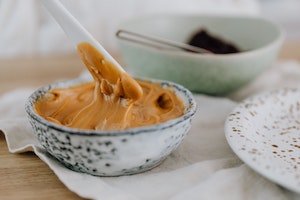
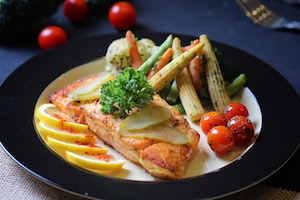
Salmon Fish vs. Peanut Butter
Salmon 3 oz = 23 gram of protein – Nut Butter: .5 cup = 32g protein
Salmon and peanuts are both high in Omega-6 fatty acids and potassium and are both excellent sources of protein. One tablespoon of peanut butter contains 8g of protein, making it a popular pick-me-up snack for athletes. It’s common to mistake the peanut for a nut, but it’s actually a legume, and as a legume, it’s high in dietary fiber, bone-building magnesium, and skin-smoothing Vitamin E.


Tilapia vs. Spirulina
TILAPIA 3.5 oz = 22 gram of protein – SPIRULINA .5 cup = 20g protein
Both are high in protein and come from the ocean, but the ancient blue-green algae may actually help remove toxins like arsenic with every spoonful. Spirulina contains 8 essential amino acids and is high in potassium, calcium, and zinc. It is a natural detoxifier and anti-inflammatory that requires no preparation. Add it to salad dressings and smoothies.

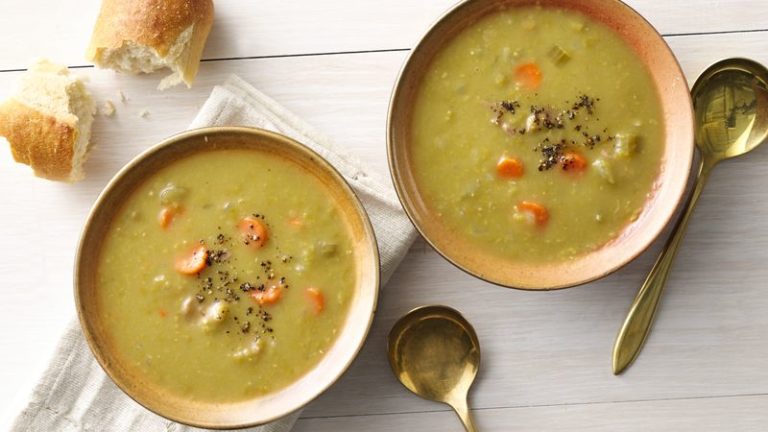
Pork vs. Split Peas
PORK 4 oz = 30 gram of protein – SPLIT PEAS: 2 cup = 30 g protein
Pork and peas match up pretty well. Peas contain 16g of dietary fiber per cup and are high in potassium, magnesium, and iron. They’ve recently gained popularity as a base protein for plant-based protein powders.
Von Keller Blog is an informational website with public news, company insights and reports of our companies events, news, press and blogging. Let’s Chat.

- Global Pet Adoption by North Shore Animal League - May 1, 2023
- JP Morgan is the Superhero of the Banking Crisis - May 1, 2023
- Data from satellites Deforestation in Brazil’s Amazon has decreased since last year. - March 16, 2023

